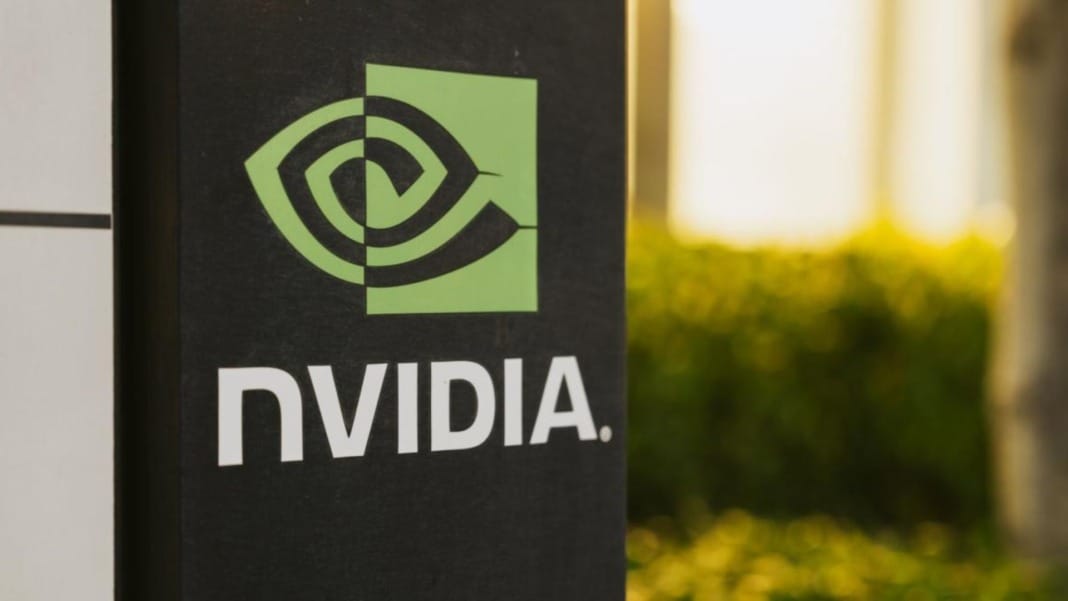The US government is preparing to take an unprecedented step in its ongoing antitrust battle with Google. Top officials from the Justice Department are expected to ask a federal judge to force Alphabet, Google’s parent company, to sell its Chrome browser. This move is part of a broader effort to address Google’s dominance in the tech industry, specifically in search, artificial intelligence (AI), and mobile operating systems.
Aiming to reshape the tech landscape
The Justice Department’s proposal follows a ruling in August by federal judge Amit Mehta, who found that Google had unlawfully monopolised the online search market. This landmark case, which began under the Trump administration and has continued under President Biden, represents the most aggressive antitrust enforcement against a tech company since the failed attempt to break up Microsoft over 20 years ago.
The proposed measures go beyond Chrome. The government also targets Google’s use of AI and Android smartphone operating systems. Officials want the judge to impose new data licensing rules and force Google to separate its Android platform from other products like its search engine and Google Play app store. These steps aim to foster competition and limit Google’s ability to leverage its ecosystem to dominate multiple markets.
Should the judge accept the proposals, the changes could significantly alter the online search market and the rapidly growing AI industry. The antitrust push seeks to ensure that smaller companies can compete fairly, which could lead to more innovation and choices for consumers.
Chrome’s role in Google’s dominance
Chrome, the world’s most popular browser, is central to Google’s business model. It provides Google with vast user data, enabling the company to target advertisements effectively. Ads account for the majority of Google’s revenue. Additionally, Chrome has been used to direct users toward Google’s AI product, Gemini, which is expected to evolve from a chatbot into a comprehensive digital assistant.
Google’s vice president of regulatory affairs, Lee-Anne Mulholland, has criticised the Justice Department’s approach, calling it “radical” and warning that it could harm consumers and developers. “The government putting its thumb on the scale in these ways would harm American technological leadership at precisely the moment it is most needed,” she said.
Google has indicated it plans to appeal any adverse rulings.
Implications for the future
Judge Mehta has scheduled a two-week hearing in April 2025 to discuss remedies for Google’s anticompetitive behaviour. A final decision is expected by August of the same year. The outcome of this case could set a precedent for how governments regulate tech giants.
However, a forced sale of Chrome faces challenges. Finding a buyer for such a high-value asset could prove difficult, especially as other potential candidates, like Amazon, face antitrust scrutiny. Analysts suggest that companies like OpenAI, which could benefit from distribution and advertising capabilities, might show interest.
The government’s recommendations also include requiring Google to sell its “click and query” data, allowing competitors to enhance their search engines and AI tools. This could level the playing field for smaller search providers and AI start-ups.
Critics argue that Google’s practices, such as its “AI Overviews” feature on search results, have hurt website publishers by reducing traffic and ad revenue. By forcing Google to share more search data, regulators hope to mitigate these concerns and promote a fairer digital marketplace.
The Justice Department’s latest moves signal that the US is willing to take bold steps to curb monopolistic practices in the tech industry, even if it means dismantling key parts of a company as influential as Google.





